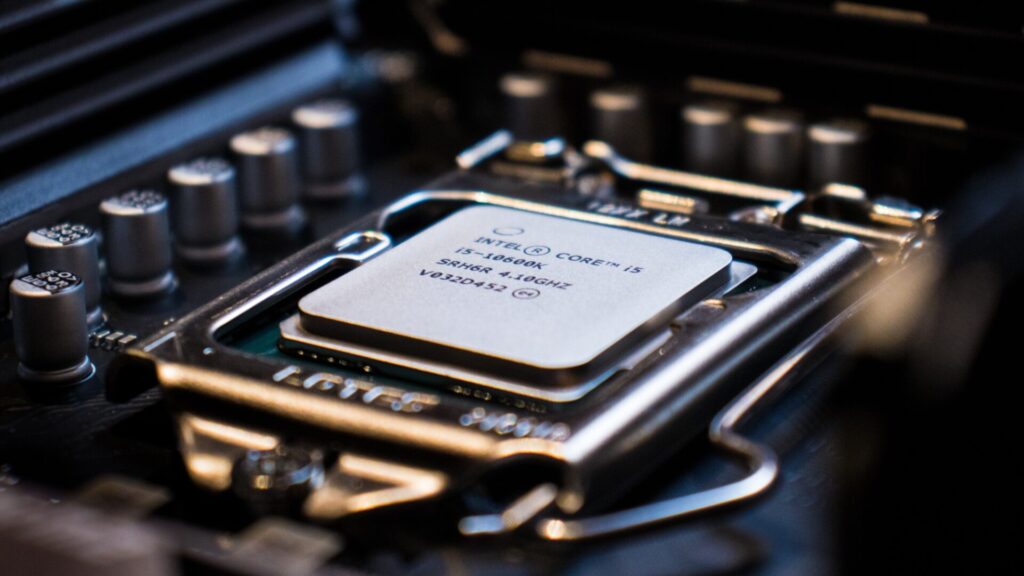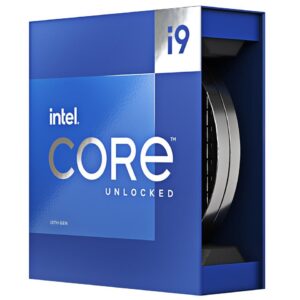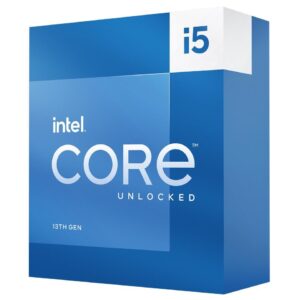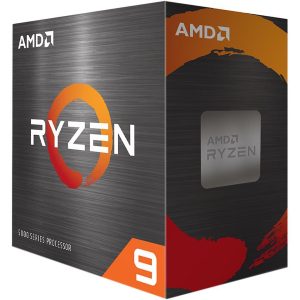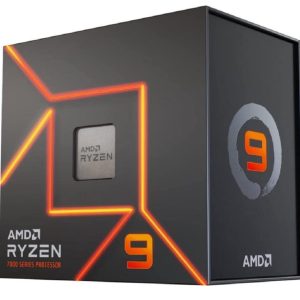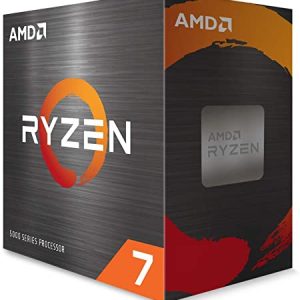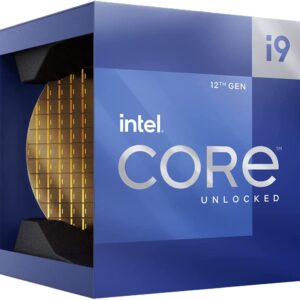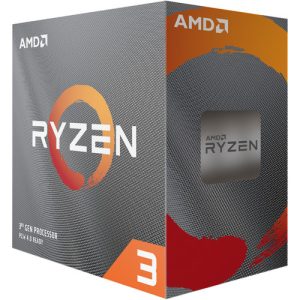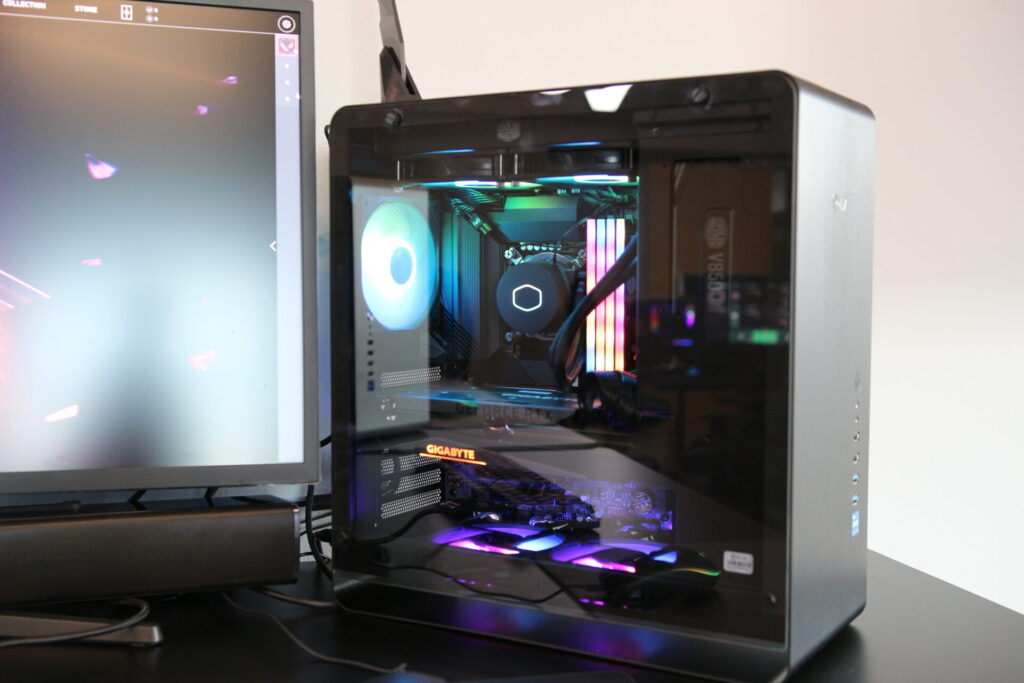Choosing the right processor is crucial when building a custom PC. The processor is the brain of your computer. It is responsible for executing all the commands and running all the programs you use.
Whether you’re a gamer, video editor, programmer, or a Custom PC enthusiast:
Selecting the best processor is essential for optimal performance.
When selecting a processor, you need to consider several factors. Factors includes clock speed, number of cores, cache size, TDP, IPC, and turbo boost. Additionally, you need to ensure compatibility with your motherboard, socket type, and RAM.
This comprehensive guide will provide you with the best tips about selecting the best custom PC desktop processor. We’ll explore the different processor types, explain the specifications you need to consider, and provide recommendations for various use cases. Additionally, we’ll discuss compatibility issues, overclocking, cooling solutions, and much more.
With this guide, we share a clear understanding of factors affecting the choice of processor for a custom PC desktop. So, let’s dive in!
Custom PC Processors Unleashed: Understanding Intel and AMD CPU Options for Your Build
A processor, also known as a central processing unit (CPU). It is the primary component of a computer system responsible for executing instructions and performing calculations. It’s the “brain” of the computer that handles all the tasks, from running applications to handling data.
When it comes to processors, there are two major types – Intel and AMD. Both companies have released multiple generations of CPUs over the years, each with its own unique features and benefits.
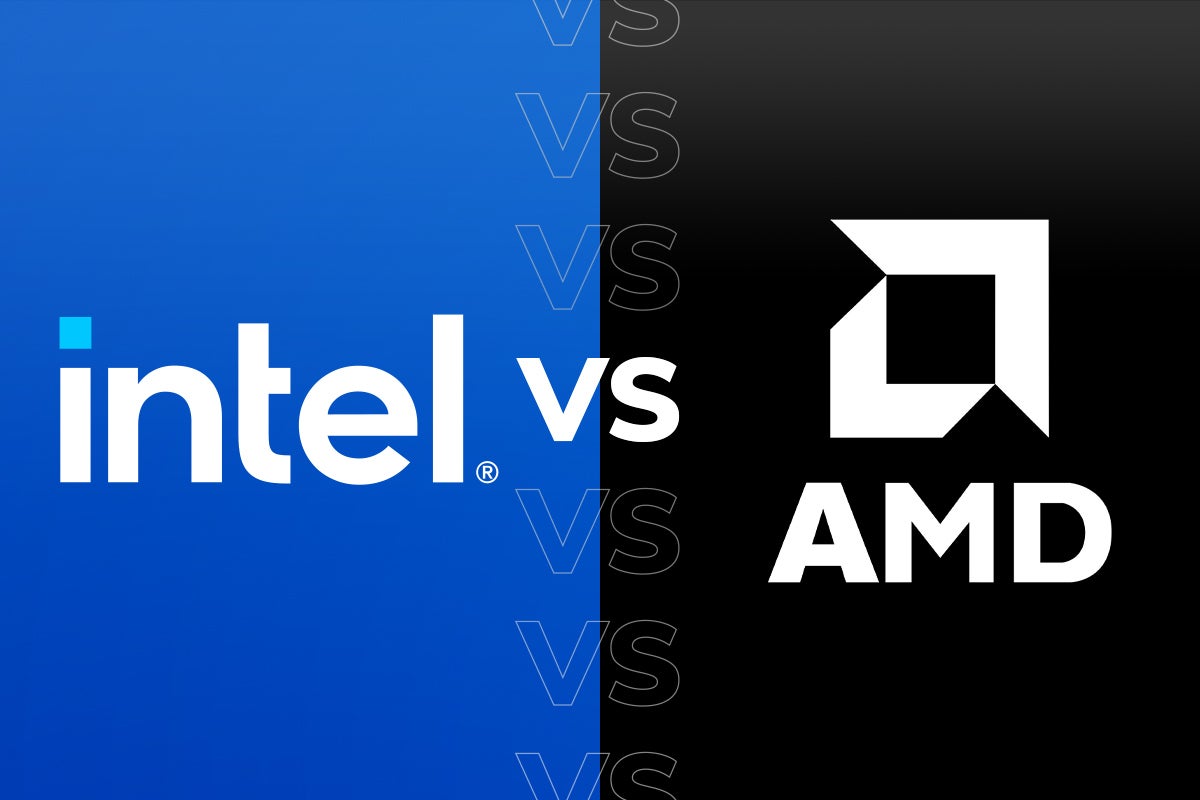
Intel Processors
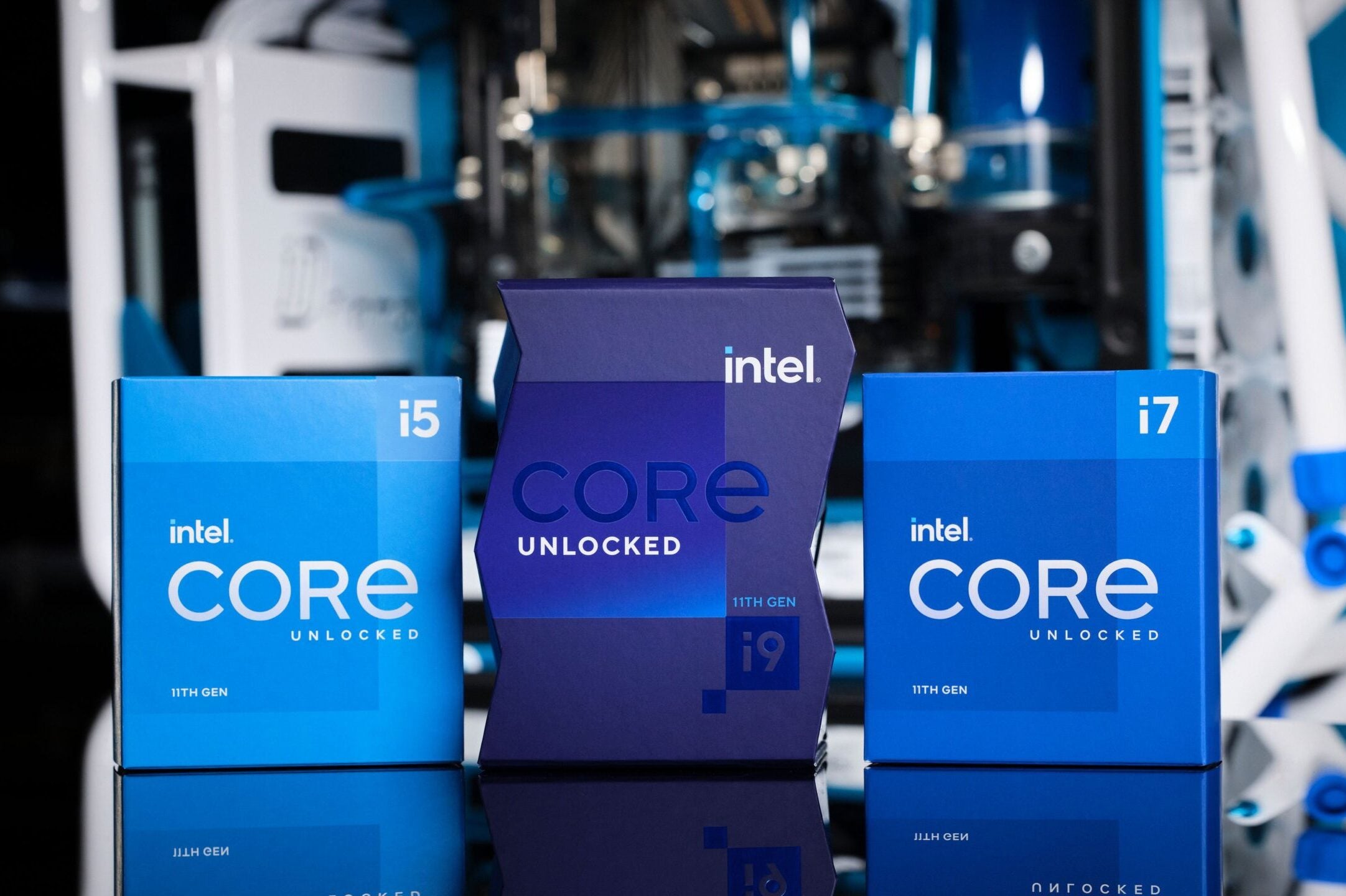
Intel has released several generations of CPUs over the years, each with its own unique features and benefits. When choosing an Intel processor, it’s important to understand the different generations and their specifications. Here’s a breakdown of Intel’s most recent processor families:
| Intel Core X-series | The Intel Core X-series processors are designed for extreme performance, featuring up to 18 cores and 36 threads. These CPUs are ideal for tasks such as video editing, rendering, and 3D modeling. |
| Intel Core S-series | The Intel Core S-series processors are optimized for gaming and other single-threaded applications. These CPUs feature up to 10 cores and 20 threads, making them an excellent choice for gamers and enthusiasts. |
| Intel Core H-series | The Intel Core H-series processors are designed for high-performance laptops and mobile workstations. These CPUs feature up to 8 cores and 16 threads, making them ideal for demanding applications such as video editing and gaming on the go. |
| Intel Core U-series | The Intel Core U-series processors are designed for ultra-thin and light laptops, offering a balance between performance and power efficiency. These CPUs feature up to 4 cores and 8 threads, making them an excellent choice for everyday use and light productivity tasks. |
| Intel Pentium and Celero | The Intel Pentium and Celeron processors are designed for basic computing tasks such as web browsing, email, and light productivity. These CPUs are affordable and energy-efficient, making them an excellent choice for budget-conscious users. |
Additionally, Intel uses a number and letter naming convention to indicate the processor’s performance level and features. For example, an Intel Core i7-11700KF has a higher performance level than an Intel Core i5-11600K. The suffix “K” at the end of the model number indicates that the CPU is unlocked and can be overclocked.
AMD Processors

AMD has also released several generations of CPUs, each with its own unique features and benefits. When choosing an AMD processor, it’s important to understand the different generations and their specifications. Here’s a breakdown of AMD’s most recent processor families:
| AMD Ryzen | The AMD Ryzen processors are designed for high-performance desktops, featuring multiple cores and threads. These CPUs are ideal for tasks such as video editing, rendering, and gaming. The Ryzen processors are identified by their model numbers, which include a number indicating the generation (e.g., Ryzen 7 5800X). |
| AMD Threadripper | The AMD Threadripper processors are designed for extreme multi-tasking and professional applications. These CPUs feature up to 64 cores and 128 threads, making them ideal for tasks such as 3D modeling and rendering. The Threadripper processors are identified by their model numbers, which include a number indicating the generation (e.g., Threadripper 3990X). |
| AMD EPYC | The AMD EPYC processors are designed for use in servers and data centers, featuring multiple cores and support for ECC memory. They offer high performance and reliability, making them an excellent choice for heavy-duty computing tasks. The EPYC processors are identified by their model numbers, which include a number indicating the generation (e.g., EPYC 7763). |
AMD uses a naming convention to indicate the performance level and features of its processors. The naming convention includes a number indicating the generation, a series name (e.g., Ryzen or Threadripper). Following it is the performance indicator (e.g., 5 or 7). And lastly a letter indicating specific features (e.g., X for high-end desktops or G for integrated graphics). For example, an AMD Ryzen 7 5800X has a higher performance level than an AMD Ryzen 5 5600X. The suffix “X” at the end of the model number indicates that the CPU is designed for high-end desktops.
Understanding Processor Specifications
When selecting a processor for your custom PC desktop or gaming laptop, there are several specifications to consider. These specifications can impact the CPU’s performance and suitability for different tasks. Here’s a breakdown of some of the most important specifications:
1. Clock speed
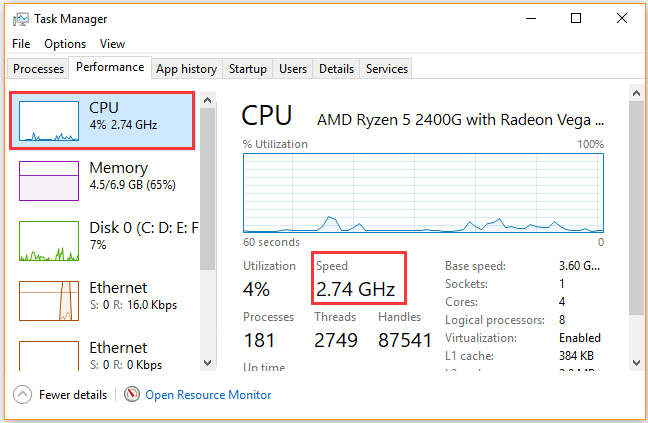
The clock speed is measured in GHz and indicates how many cycles the CPU can execute per second. A higher clock speed generally means faster performance, although it’s not the only factor to consider. For instance, an Intel Core i9-11900K has a base clock speed of 3.5 GHz with a turbo frequency of 5.3 GHz. In contrast, an AMD Ryzen 9 5950X has a base clock speed of 3.4 GHz and a maximum boost clock of 4.9 GHz. CPUs with higher clock speeds are generally better for tasks that require fast single-core performance, such as gaming or web browsing.
If you’re using a Windows 10 system and want to check your current processor’s clock speed, you can refer to this comprehensive guide: “How to Check CPU Speed in Windows 10 [Top 5 Methods] [Partition Manager]“. This helpful resource will walk you through five different methods to determine your CPU’s clock speed, including using the Task Manager, System Information, and third-party applications like CPU-Z. By following the steps outlined in this guide, you’ll be able to easily assess your processor’s performance and make informed decisions when building or upgrading your custom PC.
2. Cache size
The cache, an ultra-fast memory unit within the CPU, stores frequently used data and instructions, thus enhancing performance by avoiding slower RAM access.
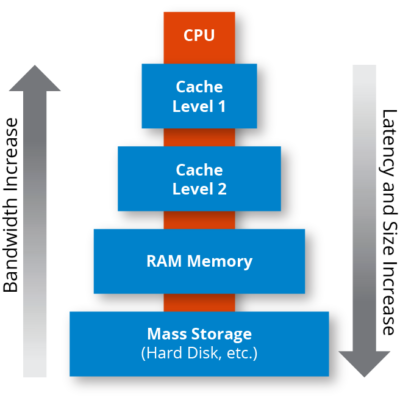
Modern processors feature three cache levels:
- L1 Cache: The smallest and fastest, L1 cache is divided into L1I (instructions) and L1D (data). Typically, sizes range from 16 KB to 128 KB per core.
- L2 Cache: Slightly larger and slower than L1, L2 cache bridges the gap between L1 and L3 caches. Often shared among cores, sizes span from 256 KB to 1 MB per core.
- L3 Cache: As the largest and slowest cache level, L3 cache is shared among all cores and acts as a buffer between the CPU and main memory. Sizes vary from 2 MB to 64 MB or more.
In general, larger cache sizes boost CPU performance. For instance, the Intel Core i9-11900K boasts a 16MB Smart Cache, while the AMD Ryzen 9 5950X features a 72MB GameCache. CPUs with ample caches excel at managing large datasets or running multiple applications concurrently.
3. TDP
Thermal Design Power (TDP) is a vital specification when selecting a CPU for custom PC or gaming PC. Measured in watts (W), TDP represents the heat a processor generates under maximum or typical loads. In essence, it indicates the cooling required to maintain optimal CPU temperatures and prevent overheating.
Generally, a CPU with a higher TDP offers more powerful performance but generates more heat, necessitating efficient cooling solutions. For instance, a gaming PC with a 95W TDP CPU needs a more robust cooling system than a 65W TDP CPU.
When building a gaming PC, it’s crucial to choose a CPU with a TDP compatible with your system’s cooling capabilities. For example, a small form-factor gaming PC with limited cooling space may require a lower TDP CPU to ensure adequate heat dissipation.
To illustrate the importance of TDP in a gaming scenario, consider building a gaming PC with a powerful Intel Core i9-11900K processor, which has a 125W TDP. Consequently, this high TDP generates substantial heat, particularly during demanding games or applications. To ensure optimal performance and avoid thermal throttling, you’ll need an appropriate cooling solution, such as a high-quality air cooler or an all-in-one liquid cooler.

If your cooling solution can’t handle the CPU’s TDP, the processor may overheat, resulting in reduced performance, system instability, or even component damage. Thus, when selecting a CPU for your gaming PC, always consider the TDP and verify that you have a suitable cooling solution to maintain optimal temperatures and performance.
IPC
Instructions per Cycle (IPC) is a crucial metric that measures a CPU’s efficiency in executing instructions. IPC refers to the number of instructions a processor can execute in a single clock cycle. A higher IPC indicates a more efficient processor, capable of performing more tasks in a given period, which is particularly important for gaming performance.
When it comes to custom PC, a CPU’s IPC plays a significant role in determining gaming performance. Higher IPC values can contribute to better frame rates, smoother gameplay, and improved responsiveness. This is because games often involve complex calculations and require quick processing of multiple instructions to render graphics, handle physics simulations, and manage AI behaviors.
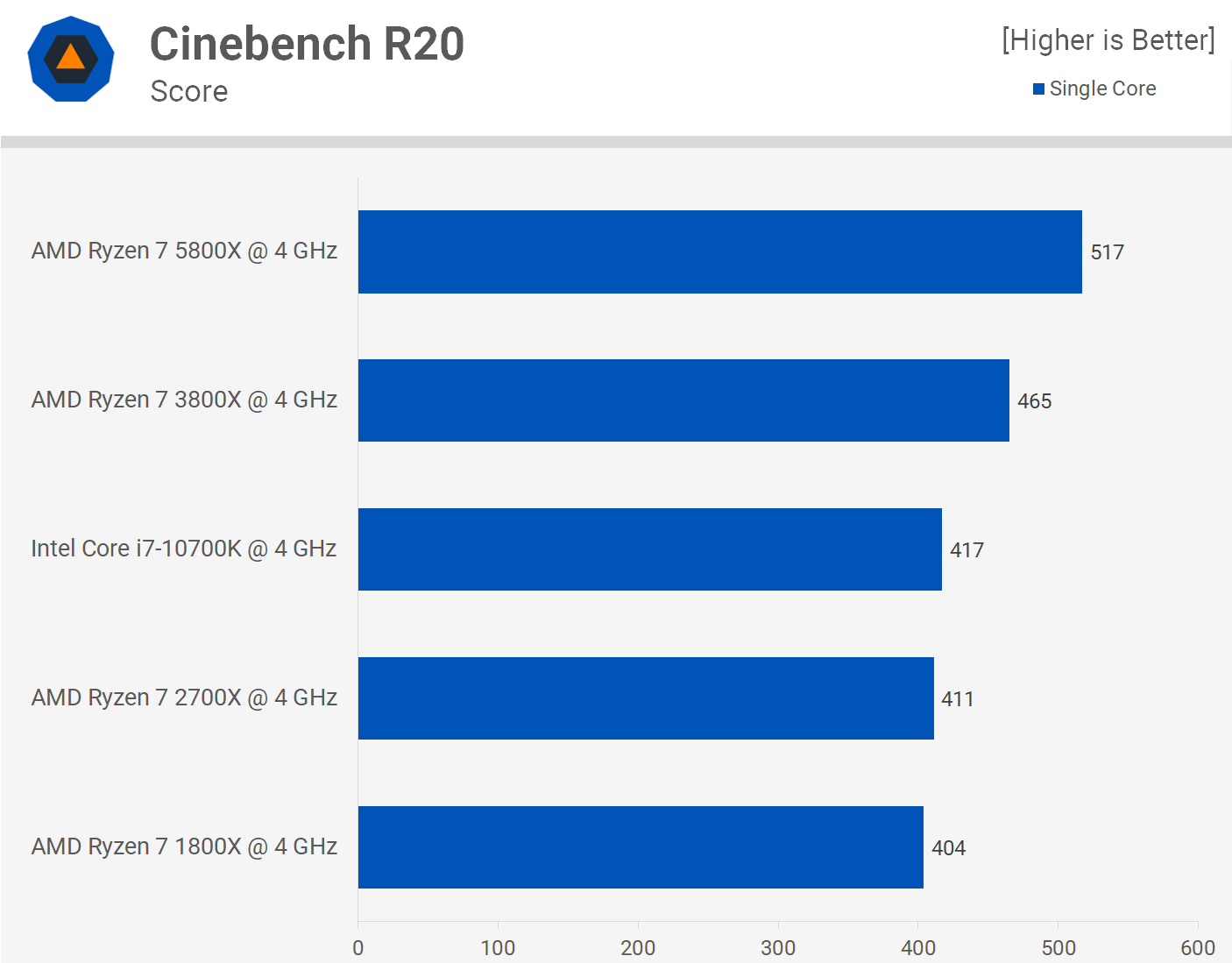
Comparing two processors with the same clock speed, the one with a higher IPC will typically deliver better gaming performance, as it can process more instructions within the same time frame. It is important to note that IPC is only one aspect of CPU performance, and factors like clock speed, core count, and cache size also impact gaming performance.
Over the years, CPU manufacturers like Intel and AMD have consistently improved their processors’ IPC through architectural enhancements and optimizations. These improvements lead to better overall gaming performance, allowing gamers to enjoy higher frame rates, more detailed graphics, and more immersive gaming experiences.
Turbo Boost
Turbo Boost, a technology by Intel, enhances CPU performance by dynamically increasing clock speed under specific conditions. This feature allows processors to exceed their base frequency, improving performance during demanding tasks like gaming.

In custom PC, Turbo Boost significantly impacts gaming performance by providing extra speed when needed. Modern games often involve complex calculations, requiring rapid processing for graphics rendering, physics simulations, and AI management. Turbo Boost temporarily increases the clock speed, enabling efficient handling of demanding tasks and delivering smoother gaming experiences.
How Turboboost Helps with Performance
When a Turbo Boost-enabled processor encounters a heavy workload, such as a demanding game, it assesses factors like power consumption, temperature, and active core count. If operating within predefined limits, Turbo Boost activates, increasing the clock speed and improving performance. This dynamic overclocking proves particularly useful during gaming scenarios with sudden processing demand spikes.
It’s worth noting that Turbo Boost isn’t exclusive to Intel processors. AMD offers a similar technology called Precision Boost, functioning comparably to enhance gaming performance.
When building a custom gaming PC, consider a CPU with Turbo Boost or Precision Boost technology for improved gaming performance. These technologies enable processors to adapt performance according to game demands, resulting in higher frame rates, smoother gameplay, and more responsive experiences. However, always ensure your cooling solution can handle the increased heat generated by Turbo Boost or Precision Boost operation.
When selecting a processor, it’s important to consider these specifications in the context of your specific use case. For example, if you’re building a custom gaming PC, you may prioritize a higher clock speed and strong single-core performance, while if you’re building a workstation desktop for video editing, you may prioritize a higher number of cores and a larger cache size. By understanding these key specifications and considering them in the context of your specific needs, you can select a processor that provides optimal performance and value for your custom PC.
Choosing the Right Processor for Your Custom Gaming PC
When it comes to building a custom PC, selecting the right processor is crucial to ensure optimal performance for your specific needs. Here are some factors to consider when choosing a processor for a gaming PC, gaming laptop, or custom PC.
Gaming
For a custom gaming PC a processor with a high clock speed and strong single-core performance is important. This ensures that the CPU can handle demanding games and applications without lag or stuttering. CPUs with a high number of cores and threads can also be beneficial for gaming, as they can handle background tasks and multi-tasking without impacting game performance. Some recommended processors for gaming include the Intel Core i5-13600K, Intel Core i9-13900K or the AMD Ryzen 9 5950X, AMD Ryzen 9 7950X.
Video editing and rendering
For video editing and rendering, a processor with a high number of cores and threads is important to handle the heavy workload. A larger cache size and high IPC are also beneficial for handling large video files and complex editing tasks. Some recommended processors for video editing and rendering custom PC include the Intel Core i9-13900K or AMD Ryzen 7 5800X3D
- Intel i9 13900K$877.00 w/GST
- AMD RYZEN 7 5800X3D$742.00 w/GST
Programming
For programming and development, a processor with a high clock speed and a large cache size is important for running IDEs and compiling code quickly. A high IPC is also beneficial for fast performance when running multiple virtual machines or containers. Some recommended processors for programming and development include the Intel Core i9-12900K or the AMD Ryzen 9 5900X.
- Intel i9-12900K$799.00 w/GST
- AMD RYZEN 9 5900X$962.00 w/GST
General productivity and multitasking
For general productivity and multitasking, a processor with a high number of cores and threads is important to handle multiple applications and tasks simultaneously. A larger cache size and high IPC can also improve overall system performance. Some recommended processors for general productivity and multitasking include the Intel Core i7-11700K or the AMD Ryzen 7 5800X. For general tasks like web browsing and office work, opt for a processor with a balance between performance and power efficiency. Examples include the Intel Core i5-11400, AMD Ryzen 5 5600G, and Intel Core i7-1165G7.
Budget considerations
While high-end processors can provide top-of-the-line performance, they can also be expensive. For affordable options without sacrificing too much performance, consider processors like the Intel Pentium Gold G6600 or AMD Ryzen 3 3200G.
- AMD RYZEN 3 3200G$173.00 w/GST
By considering these factors and understanding how they relate to your specific needs, you can select a processor that provides optimal performance and value for your custom PC or gaming PC.
Navigating Custom PC Component Compatibility
When selecting a processor for your custom gaming PC, ensuring component compatibility is crucial. Consider factors like motherboard compatibility, socket type, and RAM compatibility for seamless component integration.
Motherboard compatibility involves matching the processor with the appropriate motherboard chipset and socket type. Intel and AMD use different sockets, so choose a motherboard compatible with your processor’s socket type. For instance, an Intel Core i9-11900K requires an LGA 1200 socket motherboard, while an AMD Ryzen 9 5950X needs an AM4 socket motherboard.
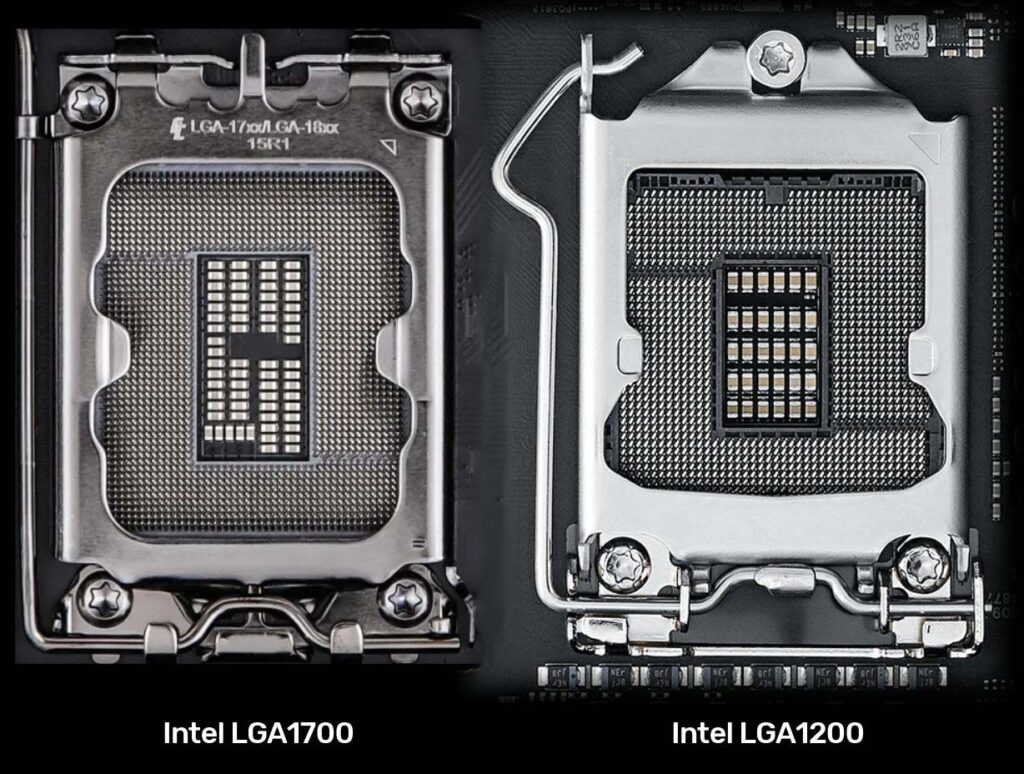
Socket type refers to the physical interface between the processor and motherboard. Each processor series and generation may utilize a different socket type, so ensure your processor’s socket type matches your motherboard’s socket type for compatibility.
RAM compatibility is also essential, as different processors support varying RAM types and speeds. For example, an Intel Core i7-11700K supports DDR4 RAM up to 3200MHz, while an AMD Ryzen 7 5800X also supports DDR4 RAM up to 3200MHz.
Conduct thorough research to ensure component compatibility before purchasing. Check the specifications of your processor, motherboard, and RAM to prevent compatibility issues. By selecting compatible components, you can build a high-performing PC or laptop tailored to your needs.
To simplify component selection for your custom PC, visit Volta PC’s website and use their custom PC function. This tool warns about incompatible parts, ensuring compatibility. Alternatively, consult a PC builder expert for advice on compatible components.
Overclocking
Overclocking, the practice of increasing a processor’s clock speed beyond factory-set limits, can boost performance and expedite processing times. This technique appeals to gamers, video editors, and power users alike.
Both Intel and AMD processors support overclocking, but the process may vary between brands and generations. Intel processors have traditionally been more accessible to overclock, thanks to unlocked multipliers and robust overclocking software support. However, recent AMD processor generations also accommodate overclocking with features like Precision Boost Overdrive and Extended Frequency Range.
Despite potential benefits, overclocking carries risks. The increased clock speed can generate more heat, potentially causing stability issues or even processor damage. Overclocking may also void your processor warranty, so understanding the risks beforehand is crucial.
To minimize these risks, take precautions when overclocking a processor. These measures include using a high-quality CPU cooler for adequate cooling and ensuring your power supply can handle the increased power demand. Gradually increasing the clock speed and testing stability before making significant changes is also essential.
In conclusion, while both Intel and AMD processors support overclocking, comprehending the risks and implementing precautions are necessary to avoid damaging your system. Remember, overclocking can void your processor warranty, so ensure you understand the risks before proceeding.
For a detailed guide on how to overclock your CPU safely and effectively, refer to this helpful article on Volta PC’s website: How to Overclock Your CPU: A Step-by-Step Guide. This comprehensive resource provides essential information on overclocking, covering topics such as the necessary tools, step-by-step instructions, and safety precautions.
Keeping Your Custom PC Cool
Cooling plays a vital role in processor performance, as it dissipates heat generated during CPU operation. Ensuring proper cooling is critical to maintain optimal processor functionality and prevent performance issues or damage from overheating.
Two primary cooling solutions exist for processors: air cooling and liquid cooling. Air cooling, the more common and affordable option, typically uses a heatsink and fan combination to draw heat from the CPU and dissipate it into surrounding air. While effective for processors with moderate power requirements, air cooling may struggle to meet the demands of powerful processors or overclocking situations.
Conversely, liquid cooling offers a more advanced and efficient solution. This method circulates liquid coolant through tubes and a radiator, drawing heat away from the CPU. More effective than air cooling, liquid cooling maintains lower CPU temperatures, crucial for high-performance CPUs or overclocked systems. However, liquid cooling tends to be more expensive and complex to install.
In choosing a cooling solution, consider factors like the processor’s power requirements, expected workload, and potential overclocking plans. Air cooling generally suffices for moderate power requirements and affordability, while liquid cooling is recommended for high-performance CPUs or overclocked systems, ensuring optimal performance and temperature control.
To learn more about the benefits of liquid cooling for your custom gaming PC, refer to this informative article on Volta PC’s website: Liquid Cooling for Your Gaming PC: 3 Reasons Why You Should Consider. This resource provides valuable insights into the advantages of liquid cooling, helping you make an informed decision for your custom PC build.
Conclusion
Selecting the right processor is crucial for building a high-performing custom PC, and there are several key factors to consider. These include understanding processor generations and specifications, considering compatibility issues, and selecting the appropriate cooling solution for your processor.
When selecting a processor, it’s important to consider your specific needs and use cases, such as gaming, video editing, programming, or general productivity. Additionally, it’s important to consider your budget and any plans for overclocking or future upgrades.
Overall, by considering these factors and doing your research, you can choose the best processor for your custom PC desktop that meets your needs and delivers optimal performance.
If you’re in Singapore and looking to build a custom PC tailored to your needs, don’t hesitate to visit Volta PC’s Custom PC Builder. Alternatively, you can reach out to VOLTA PC’s expert technicians for personalized advice on selecting the best components for your unique requirements. Get started on creating your dream custom PC today!
